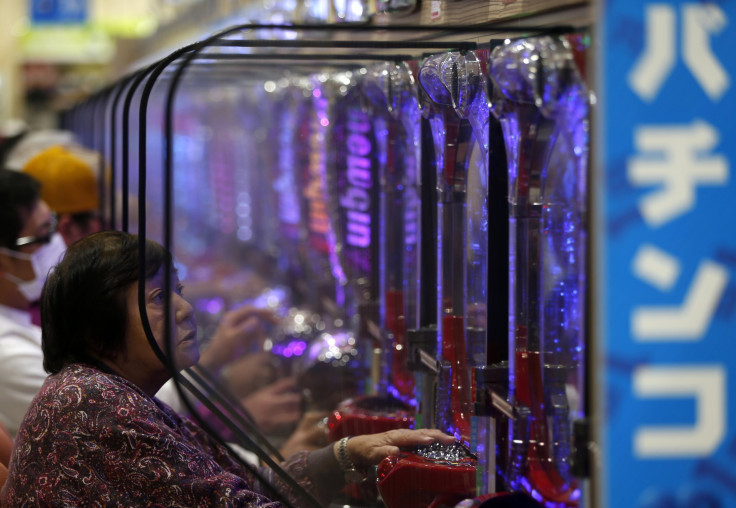Japan Exports Grow Strongly In October, Cutting Economic Gloom

(Reuters) - Japanese exports grew in October at the fastest pace in eight months, an encouraging sign that global demand could help the country recover from recession and support the central bank's optimistic economic outlook.
The 9.6 percent annual rise in exports in October was more than double the 4.5 percent gain expected by economists in a Reuters poll and faster than September's 6.9 percent year-on-year increase.
In another sign that the world's third-largest economy is regaining its footing, a private flash survey showed that factory output grew in November at the fastest pace since March.
Policymakers were stunned by data this week that showed the Japanese economy fell into recession as a sales tax hike weighed on consumer spending and business investment. But growing exports and output could help lift some of the gloom surrounding the economy.
"The trade data shows that exports will contribute to growth in the fourth quarter and help recoup some of the weakness we've seen in Japan's domestic demand," said Shuji Tonouchi, senior fixed income strategist at Mitsubishi UFJ Morgan Stanley Securities.
Accelerating exports could also be a positive for Japanese Prime Minister Shinzo Abe, who has said he will call an election amid growing doubts about his economic policies.
Japan's exports jumped in October due to higher shipments of cars, ships and electronics, finance ministry data showed.
Exports to Asia, which account for more than half of Japanese shipments, picked up to 10.5 percent in October from a year earlier.
Shipments to China slowed to a 7.2 percent annual rise in October from an 8.7 percent pace the previous month as the world's second-largest economy slows.
SOLID SALES TO U.S.
The expansion in exports to the United States in October doubled to 8.9 percent.
Total imports rose 2.7 percent year-on-year to October, lower than the median poll estimate for 3.4 percent.
October produced a trade deficit of 710.0 billion yen ($6.01 billion) $6.01 billion, versus the median estimate for a 1.05 trillion yen deficit.
The Markit/JMMA flash Japan Manufacturing Purchasing Managers Index (PMI) fell to a seasonally adjusted 52.1 in November from a final 52.4 in October.
However, the output component of the PMI index rose to a preliminary 53.5 from 51.3 in October, reaching an eight-month high, suggesting companies are ready to ramp up production after a dip in demand earlier this year.
"November data signaled positive growth in operating conditions for Japanese manufacturers," said Amy Brownbill, economist at Markit.
The Bank of Japan left monetary policy unchanged on Wednesday, but there are concerns its surprise expansion of monetary easing last month is still not enough to guide inflation to its 2 percent price target as growth has consistently missed expectations.
© Copyright IBTimes 2024. All rights reserved.





















